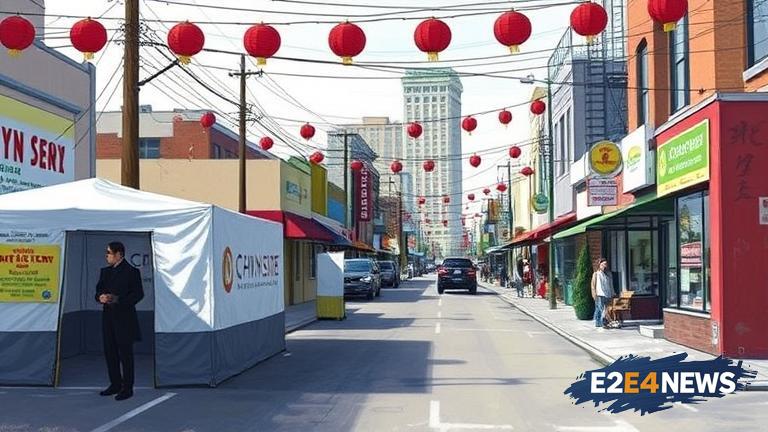A plan to build a homeless shelter in Oakland’s Chinatown has been abandoned after facing intense pushback from the community. The proposal, which was announced earlier this year, aimed to provide temporary housing and support services for homeless individuals in the area. However, local residents and business owners expressed strong opposition to the plan, citing concerns about safety, noise, and the potential impact on the neighborhood’s character. Many argued that the shelter would attract more homeless people to the area, exacerbating existing problems with crime and sanitation. Others felt that the shelter would be too close to schools, homes, and businesses, and that it would negatively affect property values. Despite efforts by city officials to address these concerns, the opposition remained fierce, with many community members attending public meetings to voice their objections. The city council ultimately decided to drop the plan, citing a lack of community support. The decision was seen as a victory for the community, which had come together to fight the proposal. However, it also highlighted the ongoing struggle to address homelessness in Oakland, where thousands of people are living on the streets. The city has vowed to continue exploring alternative solutions to the crisis, including the development of new affordable housing units and the expansion of support services for homeless individuals. Meanwhile, community leaders are calling for more engagement and consultation with local residents and business owners to ensure that any future plans are more acceptable to the community. The controversy surrounding the proposed shelter has also sparked a wider debate about the role of community input in urban planning decisions. Some argue that city officials should prioritize the needs of vulnerable populations, such as the homeless, while others believe that community concerns should take precedence. As the city moves forward, it will be important to balance these competing interests and find solutions that work for everyone. The issue has also raised questions about the relationship between the city’s Chinese-American community and the local government, with some feeling that their concerns were not adequately heard or addressed. In response, city officials have pledged to improve communication and outreach efforts to ensure that all communities are represented and heard. Ultimately, the decision to scrap the shelter plan reflects the complex and often contentious nature of urban planning, where competing interests and priorities must be carefully navigated.
